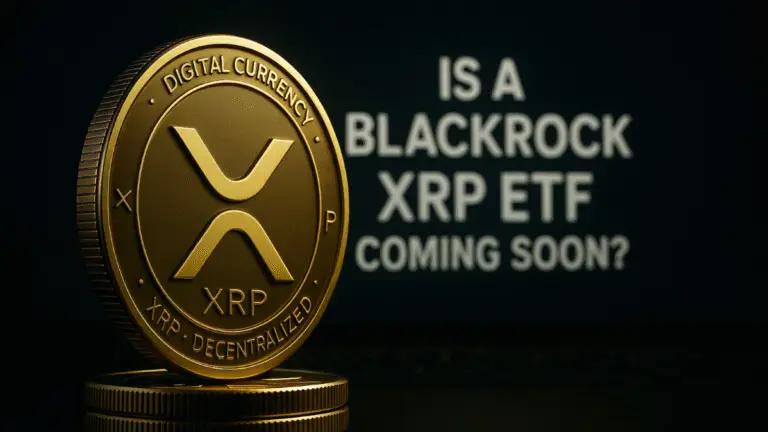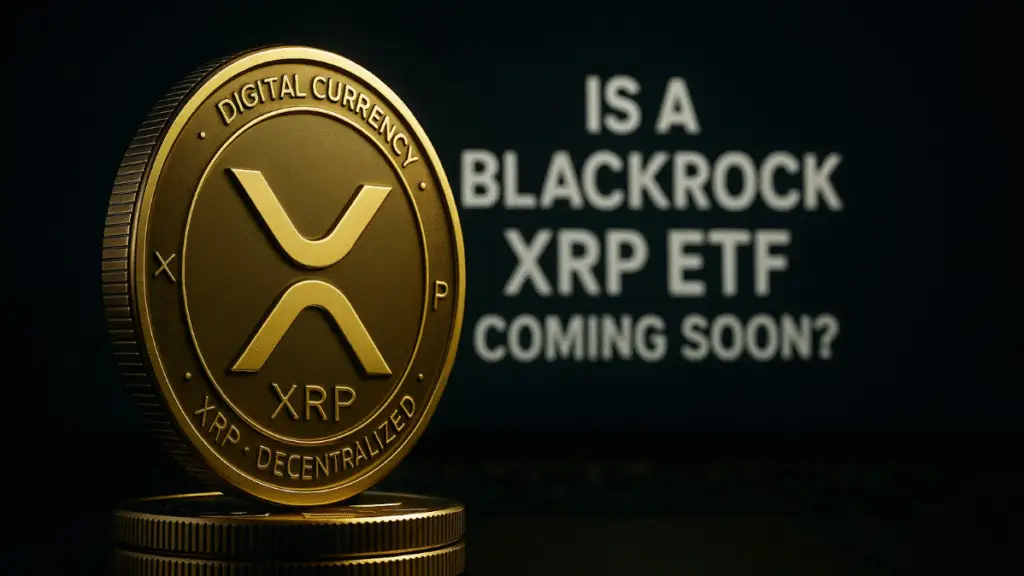Text Messages at the Center of Controversy
The release of alleged text messages from Tyler Robinson, accused of killing activist Charlie Kirk, has triggered intense debate. Prosecutors claim the messages show Robinson confessing to the shooting. However, critics across the political spectrum question their authenticity. The texts quickly became the central piece of evidence shaping public perception of the case. Their emergence has raised broader questions about how digital communication is used in high-profile trials. For many, the controversy underscores growing mistrust in both law enforcement and the justice system.
Social Media Reaction and Skepticism
Almost immediately, users on social media began casting doubt on the texts. Some argue the messages sound scripted and unnatural for a 22-year-old. Influencers on both the right and left have raised concerns about the tone and timing of the alleged confession. Viral threads have broken down the language, pointing to inconsistencies in phrasing and style. Others highlighted the lack of metadata or independent verification of the messages. The skepticism reflects a digital culture where official evidence is now viewed with immediate suspicion.
Right-Wing Figures Express Doubts
Prominent conservative commentators, including Matt Walsh and Steve Bannon, voiced skepticism about the texts. Walsh suggested the exchange looked manufactured to protect Robinson’s partner. Bannon dismissed them as reading more like a script than genuine communication. Their doubts fueled a wave of speculation across conservative media outlets. Supporters echoed their concerns, arguing the texts could be part of a narrative to frame Robinson unfairly. This skepticism has deepened partisan distrust while drawing attention to weaknesses in digital evidence.
Progressive Voices Also Question Authenticity
Interestingly, progressive influencers also rejected the official narrative. Figures such as Majid Padellan and Joanne Carducci argued the language did not align with typical youth communication. The rare cross-ideological doubt underscores how divisive the case has become. Left-leaning critics suggested the texts might be a distraction from deeper systemic issues. Some called for independent verification by digital forensics experts. The bipartisan skepticism has turned the controversy into a broader referendum on institutional trust.
Historical Pattern of Conspiracies After Violence
Experts note that conspiracy theories often follow high-profile acts of violence in the U.S. From Parkland to Uvalde to Las Vegas, suspicions of government fabrication frequently arise. The Kirk case fits this established pattern, amplified by polarized online discourse. Each new tragedy seems to generate its own ecosystem of alternative narratives. Researchers argue that the internet accelerates the spread of these claims. The Robinson controversy has quickly become another example of how conspiracy theories flourish in moments of national shock.
Experts Analyze the Wave of Doubt
Scholars who study conspiracy theories highlight how emotionally charged events fuel suspicion. Eric Oliver of the University of Chicago explained that ideological opponents often unite around claims that rationalize fear or anger. Similarly, Joseph Uscinski of the University of Miami noted that conspiracies thrive regardless of social media platforms, rooted in deeper worldviews. Experts emphasize that distrust in institutions provides fertile ground for these narratives. Social divisions are often reinforced rather than reduced by debates over evidence. The Kirk case, they argue, illustrates how quickly mistrust can become the dominant frame of discussion.
Recommended Article: Charlie Kirk’s Death: What It Means for the Future of US Politics
Prosecutors Maintain Authenticity of Evidence
Despite widespread skepticism, legal experts argue there is no indication the texts were fabricated by authorities. Yale Law professor Steven Duke dismissed claims of police involvement, calling them implausible. Prosecutors maintain Robinson targeted Kirk specifically for his political views. Officials insist that the evidence was obtained through standard legal processes. They stress that courts will ultimately determine the credibility of the messages. For prosecutors, the controversy reflects public bias rather than flaws in the investigation.
Broader Implications of the Case
The controversy surrounding Robinson’s alleged messages highlights America’s growing distrust of institutions. As conspiracy theories gain traction across ideological lines, public confidence in official narratives continues to erode. The Kirk assassination may be remembered not only for the act itself but also for the way it united skeptics across the political divide. Analysts suggest that such moments accelerate polarization, further complicating governance. The case has also raised alarms about the role of digital evidence in modern trials. Broader questions about accountability and truth may linger long after the trial ends.
Unanswered Questions Ahead
With prosecutors pushing forward, Robinson faces aggravated murder and related charges. Yet the debate over his alleged texts is likely to persist. For many, the lack of trust in institutions ensures that speculation and conspiracy will remain central to the case. Observers expect the trial to become a flashpoint for larger cultural debates. The outcome may influence future public trust in how evidence is presented and received. Until then, the controversy surrounding Robinson’s texts will continue to shape discourse far beyond the courtroom.















